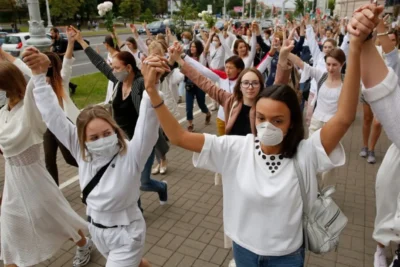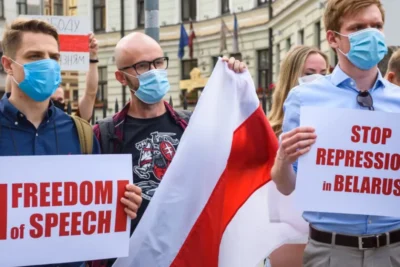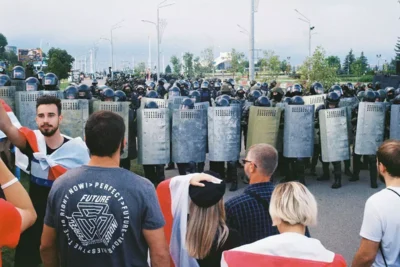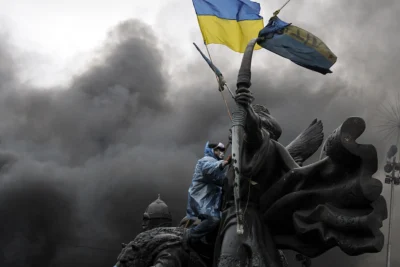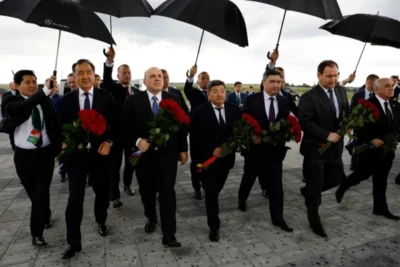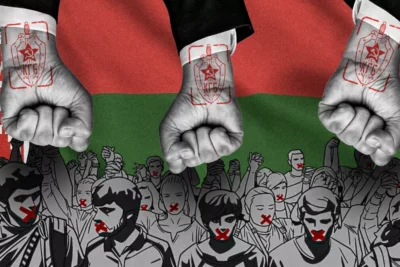
Belarus Cybersecurity Crackdown: How the Regime Controls the Digital Space in 2025
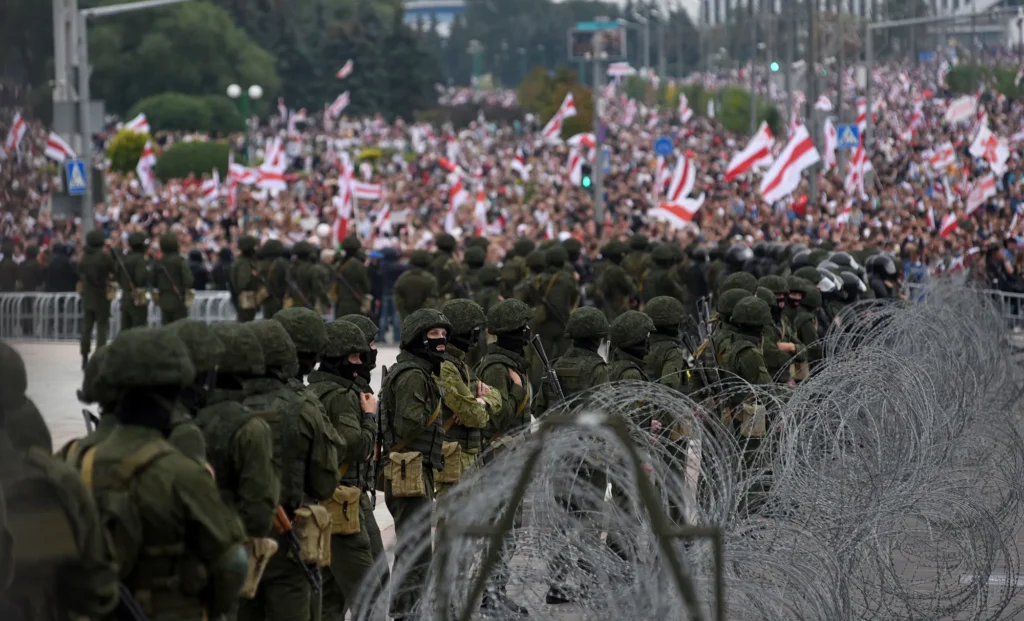
In recent years, Belarus has intensified its control over the internet, transforming the country’s digital space into a tightly monitored environment. This Belarus cybersecurity crackdown is not only about preventing cybercrime but also about restricting online freedom, silencing dissent, and controlling the flow of information. For many citizens, the internet — once a tool for connection and expression — has become another arena where the state asserts its authority.
The Rise of Digital Repression in Belarus
The Belarusian government has long recognised the power of the internet in shaping public opinion and mobilising protests. Following the disputed 2020 presidential election and subsequent mass demonstrations, authorities began a comprehensive strategy to monitor and suppress online activity.
Key actions in this crackdown include:
- Mandatory registration of online media outlets with the Ministry of Information.
- State-controlled internet service providers (ISPs) to monitor user activity.
- Deep packet inspection (DPI) technology to filter and block content.
- Criminal charges against individuals for sharing "extremist" materials online.
Surveillance Infrastructure
One of the pillars of the Belarus cybersecurity crackdown is a vast surveillance network that monitors internet traffic in real time. The authorities require ISPs to install specialised equipment that allows security agencies — particularly the KGB — to track browsing history, intercept communications, and identify users engaging in politically sensitive discussions.
Some reported tactics include:
- IP address tracking to connect online activity with specific individuals.
- Data requests to platforms like messaging apps and social networks.
- Use of spyware on activists’ and journalists’ devices.
Targeting Independent Media and Activists
Independent media platforms have been a prime target of the crackdown. Dozens of news websites have been blocked, and journalists face constant harassment, including cyberattacks and data theft. Social media accounts of political activists are hacked to gather intelligence or spread disinformation.
Many Belarusians have turned to VPN services and encrypted messaging apps to protect their privacy, but even these tools are increasingly under threat, as the government explores technical measures to disrupt them.
New Laws and Legal Tools for Control
Legislation passed in the last three years has expanded the state’s digital powers. Laws now allow authorities to:
- Block any website deemed to contain “extremist content.”
- Force tech companies to hand over user data.
- Criminalise sharing or even liking certain posts on social media.
These laws are intentionally vague, giving the government flexibility to target almost any online activity that challenges its authority.
The Link to State Repression
The Belarus cybersecurity crackdown is not an isolated policy but part of a broader repression strategy. Digital control complements physical intimidation — from arbitrary arrests to political imprisonment — ensuring that dissent is silenced both on the streets and online.
International human rights groups warn that this model of digital authoritarianism could be exported to other countries aligned with Minsk, further eroding internet freedom worldwide.
How Belarusians Are Fighting Back
Despite the risks, citizens and activists are finding ways to bypass restrictions. Common strategies include:
- VPNs and proxy servers to access blocked content.
- Decentralised platforms that are harder to shut down.
- Encrypted communication channels to coordinate safely.
- Digital literacy campaigns teaching people how to avoid surveillance.
Diaspora communities also play a crucial role, hosting mirror sites for banned media outlets and sharing uncensored news on social media.

International Response and Solidarity
The European Union, the United States, and several NGOs have condemned the crackdown, imposing sanctions on officials responsible for cyber repression. Tech companies have been urged to strengthen encryption and resist demands for data handovers.
However, without consistent pressure, there’s a risk that the Belarus cybersecurity crackdown will continue unchecked, setting a dangerous precedent for internet governance in the region.
Conclusion
The Belarus cybersecurity crackdown reveals how the digital space has become a frontline in the struggle for freedom. For the Belarusian regime, control of the internet means control over narratives, opposition, and ultimately the future of the country. For citizens, resisting this control has become a fight for the very essence of free expression.
The world must not ignore these developments — because in today’s interconnected world, an attack on internet freedom in Belarus is an attack on freedom everywhere.
FAQs
1. What does “Belarus cybersecurity crackdown” mean?
It refers to the government’s coordinated actions to monitor, restrict, and control internet activity, often targeting independent media and political opposition.
2. How does Belarus monitor online activity?
Authorities use ISP-based surveillance, deep packet inspection, spyware, and legal mandates for data collection.
3. Can Belarusians bypass internet censorship?
Yes, many use VPNs, proxies, and encrypted platforms, though these tools are increasingly under threat.
4. Why is the crackdown linked to state repression?
Because it works alongside physical intimidation — such as arrests and imprisonment — to silence dissent.
5. What can the international community do?
They can impose sanctions, support secure communication tools, and fund independent media initiatives.

